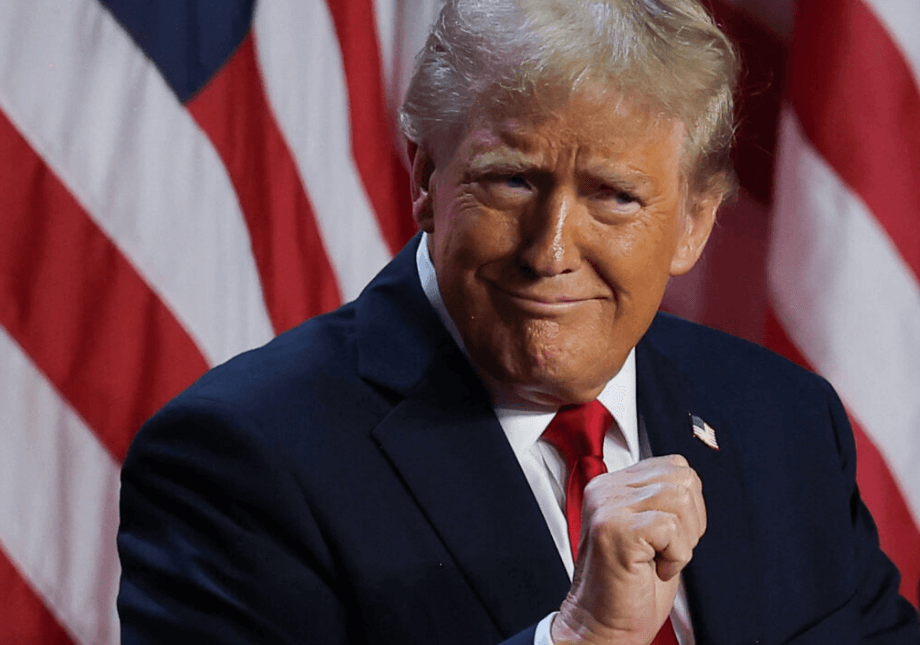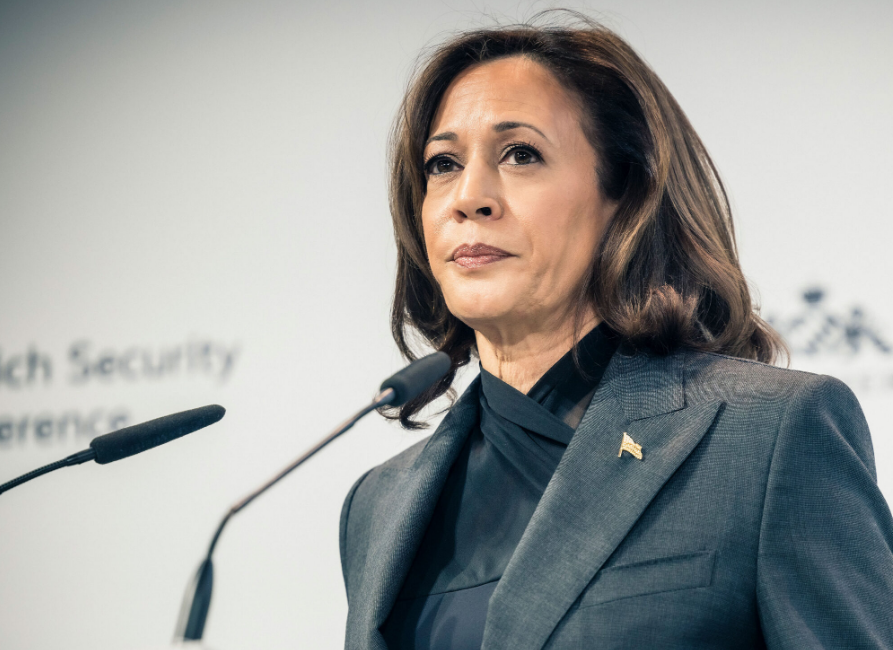On Wednesday, President Donald Trump’s sweeping new tariffs took hold, a stunning intensification of global trade tensions.
The moves include a record 104% tariff on imports from China and target dozens of countries. With the label “reciprocal” from Trump, the tariffs shook global markets, disrupted two decades of the norms of commerce, and catalyzed mounting pushback-even within his party.
Global Markets Reel
The economic damage has been sudden and severe. The S&P 500 lost nearly $6 trillion in value since Trump announced the tariffs last week—its biggest four-day decline since the index began trading in the 1950s. Experts warn that the U.S. is on the precipice of a bear market.
Asian markets too have been rocked. Japan’s Nikkei declined over 3%, South Korea’s won fell to a 16-year low, and government bonds took a heavy hit as investors rushed to exchange holdings for cash. U.S. stock futures, however, indicate a fifth consecutive day of declines.
Despite the volatility of the market, Trump has given mixed signals on the trajectory of the tariffs. At a White House event on Tuesday, he referred to them as “permanent,” but suggested they are a bargaining tool. “We have numerous countries coming in who want to make deals,” he suggested, pointing to potential negotiations with nations like China, Japan, South Korea, and Vietnam over the next few weeks.
Fallout from the Tariffs
China—Trump’s primary target—responded aggressively to the nearly doubled tariffs, calling the move “blackmail.” In response, Chinese brokerage houses have pledged to shore up their domestic markets. Other countries are mobilizing as well:
- South Korea has announced emergency assistance for its automobile industry.
- The European Union, now facing a 20% tariff as well as sector-specific penalties, will vote on retaliatory measures.
- Japan, ahead of trade talks, rejected Trump’s charges of currency manipulation.
Though Trump claims the tariffs are intended to halt unfair trading practices, economists caution that the true cost will be closer at hand.
Almost 75% of Americans in a Reuters/Ipsos survey forecast higher prices for the coming six months as import costs spread through consumer goods.
There is a limited window before the full effect is felt—products shipped before the tariff deadline and that arrive in the U.S. by May 27 are exempted.
More Tariffs on the Way?
Trump isn’t done yet. He has threatened more tariffs, this time on pharmaceutical imports—a huge industry not yet impacted by the trade crackdown.
At the heart of his strategy is the hope that tariffs will pressure countries into entering more profitable trade agreements. But critics warn that the price may be too high, especially as inflation and economic uncertainty continue.
Republican Pushback Gains Momentum
Trump’s aggressive trade policy not only jolted markets but is now instigating an odd intra-party revolt amongst Republicans. A group of Republican legislators is drafting legislation to limit the president from imposing tariffs unilaterally.
The caucus, which is being led by Rep. Don Bacon (R-Neb.), is backing a bill that would automatically terminate any tariffs imposed by the president after 60 days unless Congress votes specifically to continue them. The bill also allows lawmakers to revoke tariffs at any time.
At least a dozen House Republicans are enrolled or in negotiations to back it. Companion legislation is gaining momentum in the Senate, and they have Republicans and Democrats providing backing, including Sens. Chuck Grassley (R-Iowa) and Maria Cantwell (D-Wash.).
Some Republicans indicate their constituents are hurting from the tariffs—particularly farmers and small manufacturers. One lawmaker who wished to remain anonymous called the move constitutional and necessary and stated, “Congress has a responsibility too to watch this.”.
Although Trump has threatened to veto such legislation, Rep. Bacon did not rule out the use of a discharge petition to force a vote, should party leadership be in opposition.







Leave a Reply